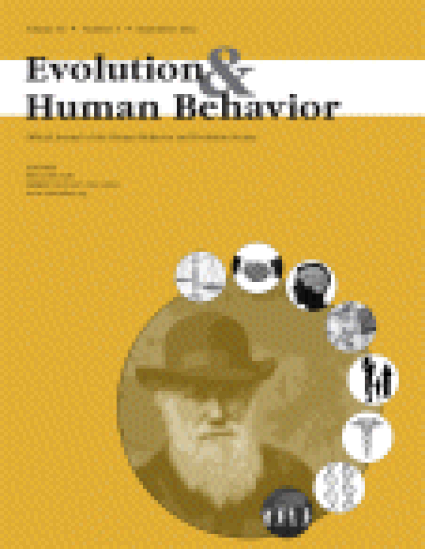
Article
Social Learning Across the Life Cycle: Cultural Knowledge Acquisition for Honey Collection Among the Jenu Kuruba, India
Evolution and Human Behavior
(2012)
Abstract
Accounting for age-dependent patterns of knowledge transmission is critical for understanding cultural evolution in age-structured populations. Cultural evolution theory predicts which social learning biases we expect people to use, but much less often when—during a person's life cycle— different social learning biases will be used. By measuring knowledge and skill variation among age cohorts, it is possible to infer how people socially acquire different types of knowledge at different ages. We use this strategy among the Jenu Kuruba, a tribal community in South India. We document the accumulation of local knowledge required for collecting wild honey among 71 children and 125 adults from five communities. Combining quantitative measurements of knowledge with measures of four honey-collecting skills and self-reported data on learning age, we infer patterns of social learning across the lifecycle. We find that (1) most knowledge related to honey collecting is acquired by the early 20s, and later social learning mainly functions to update information; (2) the eldest cohort has the highest average explicit knowledge, although the most knowledgeable or skilled individuals do not always belong to the most elderly cohort; (3) length of learning can be affected by age-dependent trade-offs of costs and benefits to learners; and (4) children tend to learn from parents, but individuals use other demonstrators later in life. These results have implications for current models of cultural evolution.
Keywords
- Social learning,
- Overlapping generations,
- Knowledge acquisition
Disciplines
Publication Date
September 1, 2012
Citation Information
Victoria Reyes-García, Francisco Zorondo-Rodríguez, Claude García and Kathryn Demps. "Social Learning Across the Life Cycle: Cultural Knowledge Acquisition for Honey Collection Among the Jenu Kuruba, India" Evolution and Human Behavior Vol. 33 Iss. 5 (2012) Available at: http://works.bepress.com/kathryn_demps/2/
